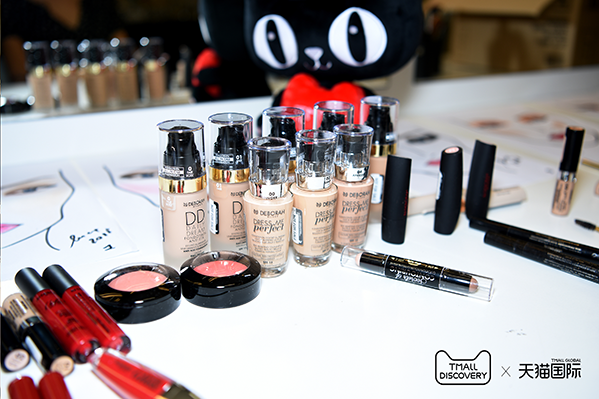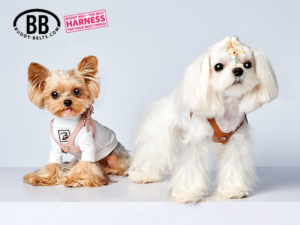If you’re familiar with our blog, you would know we’re massively into skincare. Not only do we highlight opportunities for skincare brands in China, but we roll up our sleeves and get results for exciting brands in growing niches. Today, we’re going to look at what cruelty-free skincare brands are doing to increase their exposure to China, without compromising on their cruelty-free proposition.
The Opportunity for cruelty-free skincare in China
First, why is cruelty-free skincare in China coming of age?
Chinese shoppers tend to equate “natural beauty” with “nasty-free beauty” – free of toxins and harsh chemicals that may do perceptible or imperceptible damage to the skin. With that in mind, it’s little wonder that 90% of surveyed Chinese shoppers say that “healthy or clean products” are important to them and the majority of shoppers are happy to pay a premium to access completely natural products.
Chinese shoppers’ interest in natural beauty and cosmetics is stoked through social media. Platforms like Little Red Book allow users to read reviews about niche brands that have strong word of mouth, garnering more interest for cruelty-free skincare in China.
Regulatory Change On The Horizon
China’s long-contested laws requiring animal testing of skincare and cosmetics are coming to an end. This year, mandatory animal testing will (hopefully) be replaced by a basket of alternative methods, which open the door for more cruelty-free brands to enter the market. Much legislative headway has been made, but there are still several technicalities that haven’t quite been ironed out.
Until these are resolved, the best pathway for cruelty-free cosmetics to enter China is via cross border e-commerce. Cross-border e-commerce’s model means brands can ship their products to Chinese shoppers, without being subject to China’s domestic regulatory requirements. Talk to us if you’d like to know more about what this means for your business.

Tmall Global as Leading Entry Point
Tmall Global has become a go-to destination for beauty brands that want to reach Chinese consumers without compromising their commitment to being cruelty-free. Cruelty-free brands like Fenty, The Body Shop, Drunk Elephant and Kora Organics have each chosen Tmall Global as their first foray into China.
Apart from allowing cruelty-free brands to sell into China, launching via cross-border e-commerce also has a number of advantages:
- Test Market Demand: A launch via Tmall Global allows new market entrants to de-risk their entry into China and assess market demand over a 12 or 18-month period, before looking to commit further resources and explore distribution opportunities within China’s massive consumer market.
- Validate Market Entry Business Case: North American and European brands prefer test-and-learn approaches to market entry. Entry through e-commerce allows brands to gauge what sort of effort and resource commitment they’d need to pursue entry into China. In addition, it also allows newcomers an opportunity to test and finesse assumptions about their unique value proposition, marketing, pricing, merchandising and relative strength against domestic and international competitors.
- Build in-Market Presence: Although there are indirect channels to reach Chinese shoppers (like overseas influencers and airport retail), these don’t deliver the return-on-investment that in-market presence does. Cruelty-free skincare and cosmetics brands’ regulatory limbo in China means online channels are necessary to build awareness and generate a track-record, which may pay dividends when approaching retailers and partners in the future.
Overall, cross-border e-commerce is an effective channel for cruelty-free brands to stay true to themselves and drive value for the business. If you’d like to know more about our capabilities in cross-border e-commerce, please get in touch with one of our team.



